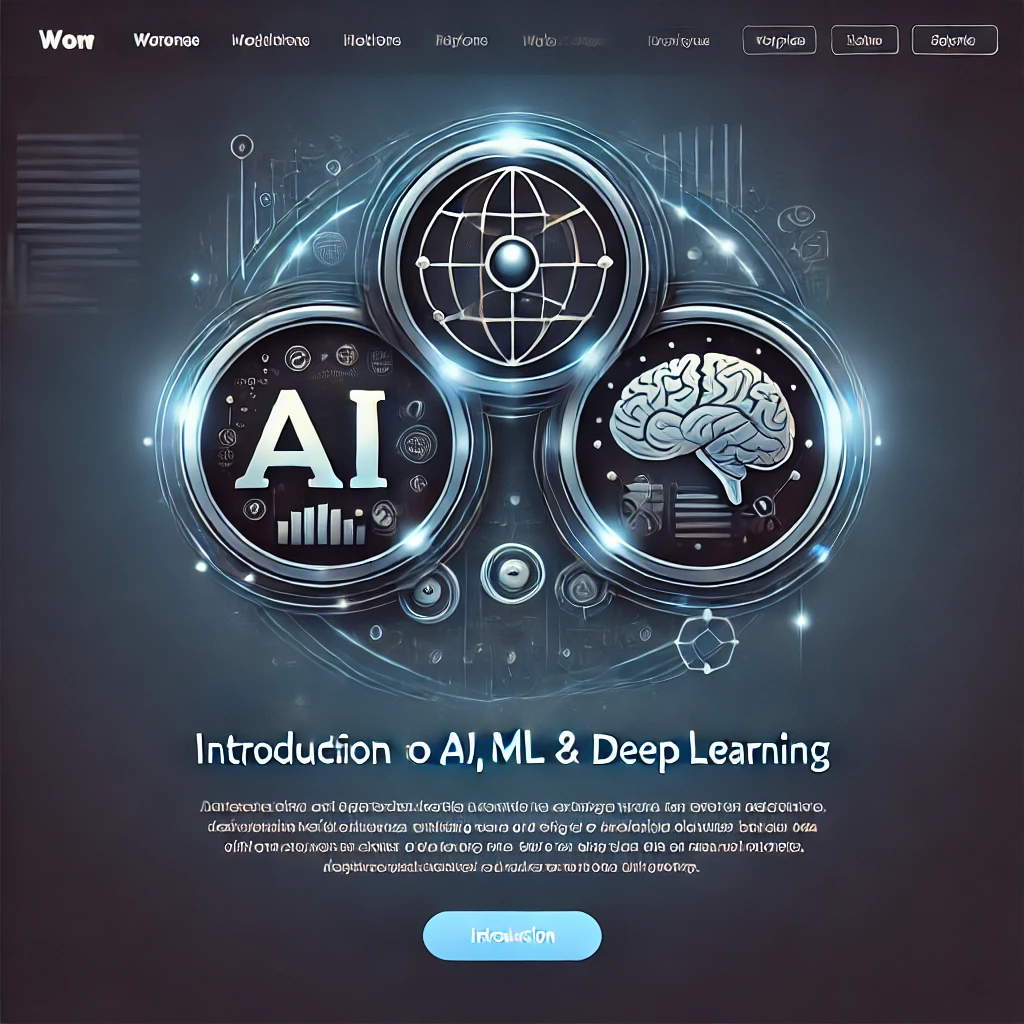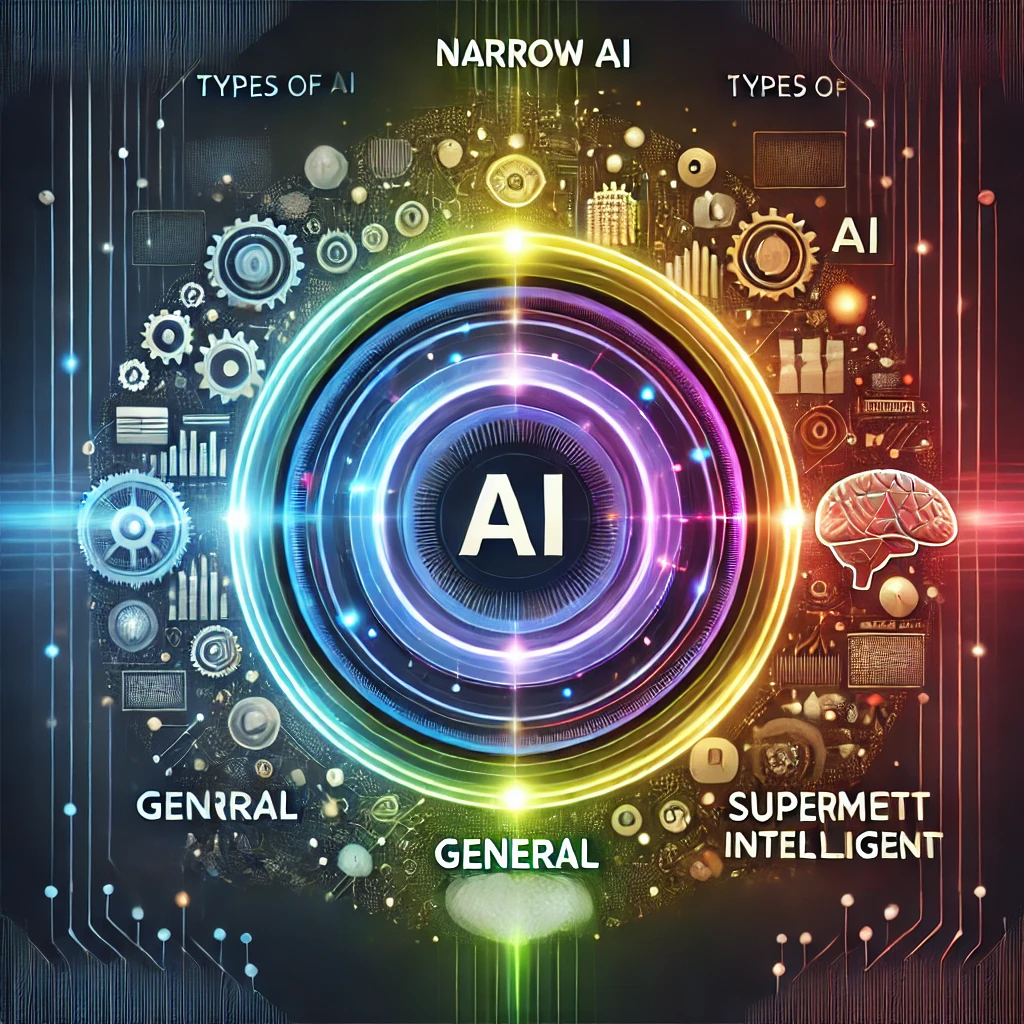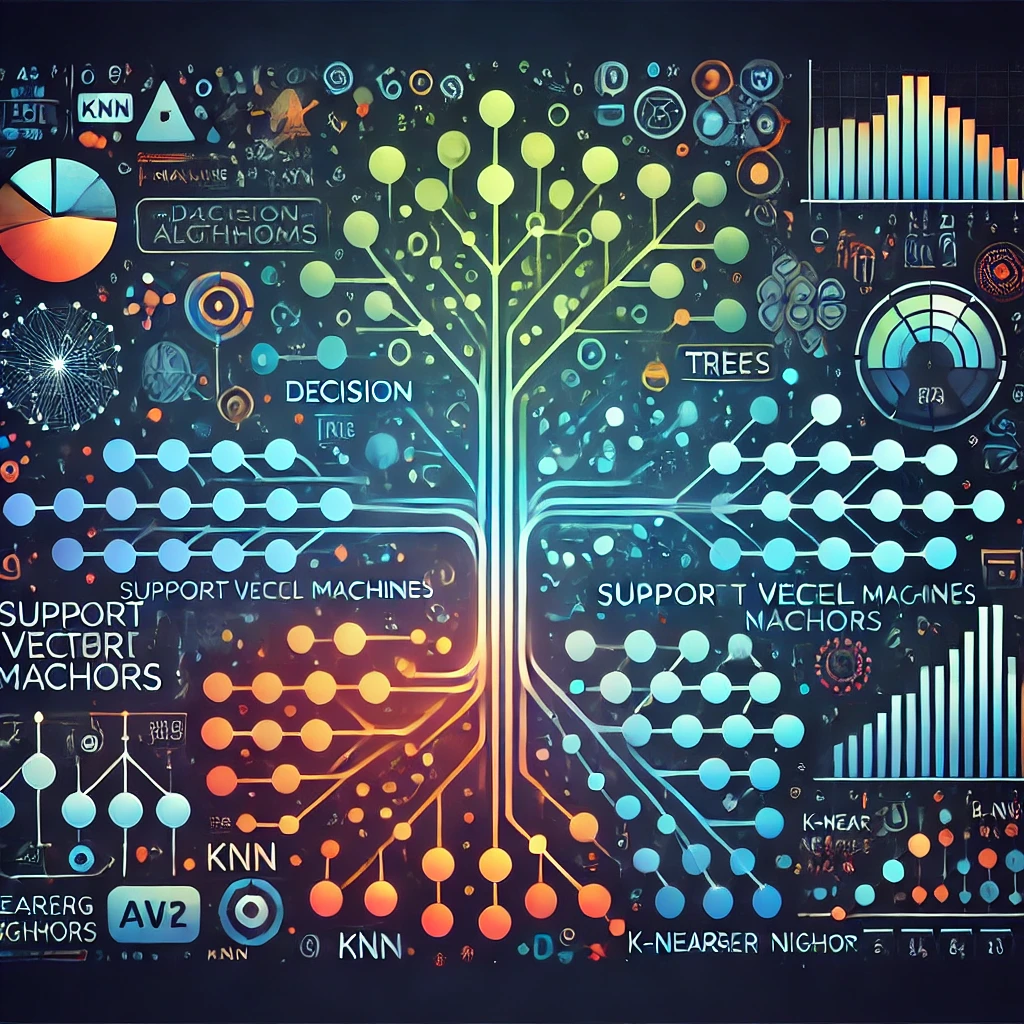The rise of artificial intelligence (AI) has revolutionized various sectors, including customer support. Small businesses often face challenges in providing consistent and efficient customer service while trying to minimize costs and maximize profits. AI offers a solution that can help level the playing field, enabling small enterprises to deliver outstanding support without the need for extensive manpower.
This article will explore how small businesses can effectively use AI for customer support. We will discuss the various AI technologies available, potential implementations, best practices, and real-world examples that demonstrate how AI can enhance customer interactions. By the end of this article, you will be equipped with the knowledge and inspiration to integrate AI into your customer support strategy.
1. Understanding AI and Its Relevance to Customer Support
AI encompasses a range of technologies that allow machines to simulate human intelligence, including learning, reasoning, and self-correction. In the context of customer support, AI can facilitate better service through automation, workflow optimization, and data analysis.
Key Benefits of AI in Customer Support
- Improved Response Time: Automated systems can provide instant responses to customer inquiries.
- 24/7 Availability: AI solutions can operate around the clock, offering support outside normal business hours.
- Cost Efficiency: Reduces the need for a large support team, lowering operational costs.
Application
For instance, a local bakery may use AI-powered chatbots on its website to handle repetitive questions about business hours or menu items, allowing staff to focus on baking and customer service.
2. AI Chatbots: Your First Line of Defense
AI chatbots are programmed to interact with customers in real-time. They can assist with common questions, guide users through troubleshooting, and even facilitate ordering processes.
Tips for Implementing Chatbots
- Define Use Cases: Determine common queries to automate, such as tracking orders or answering FAQs.
- Train with Real Scenarios: Use historical data to train your chatbot for better context understanding.
- Combine with Human Support: Ensure a seamless transfer to human agents for complex issues.
Example of Success
A small clothing store integrated a chatbot to manage customer inquiries on sales and promotions. Over three months, they reported a 30% increase in customer satisfaction scores, thanks to quicker response times and reduced wait periods.
3. AI-Powered Help Desks
AI-driven help desks provide comprehensive support solutions by integrating multiple customer service functions into a single platform. These tools can manage ticketing systems, track customer interactions, and analyze data for performance improvements.
Choosing the Right Help Desk Software
- Look for Integration: Ensure it can integrate with existing tools like CRM or e-commerce platforms.
- Explore Analytics Features: Utilize AI resources that provide insights into customer interactions and support performance.
- User-Friendly Interface: Opt for solutions that are easy for your team to navigate.
Case Study
A small tech startup implemented an AI-powered help desk and saw the resolution of ticket issues double within a few months, attributing the improved efficiency to automated ticket categorization and prioritization.
4. Enhanced Customer Insights Through AI
AI can analyze customer data and interactions to provide deeper insights into preferences and behaviors. This analysis can help businesses tailor their services more effectively.
Utilizing Customer Data
- Monitor Interactions: Analyze past customer inquiries to identify patterns and recurring issues.
- Survey Feedback: Use AI tools to analyze sentiment from customer feedback forms.
- Personalization Strategies: Develop personalized marketing offers based on data-driven insights.
Real-Life Example
A small online pet supplies store analyzed past purchases and customer inquiries with AI analysis tools. The store developed a tailored marketing campaign that increased conversions by 25% during its promotional period.
5. Social Media and AI for Customer Support
Social media platforms serve as essential communication channels for customer support. AI tools can streamline interactions and help manage responses efficiently.
Leveraging AI on Social Media
- Social Listening Tools: Use AI-powered tools to monitor brand mentions and customer feedback in real time.
- Automated Responses: Implement AI to reply immediately to common questions received on social channels.
- Engage Effectively: Use AI insights to engage customers proactively based on their online behavior.
Example from the Field
A local restaurant utilized an AI management tool to monitor their social media. When a customer posted a complaint, the AI flagged it for immediate human intervention, leading to quick resolutions and improved public relations.
6. Voice Assistants and AI in Customer Support
As voice recognition technology advances, many businesses use AI-powered voice assistants to manage customer inquiries, enabling customers to speak instead of type.
Implementing Voice Assistants
- Identify Customer Needs: Determine if your customers would benefit from voice interaction.
- Integrate with Systems: Ensure voice assistants can access relevant business data to provide accurate responses.
- Regular Updating: Keep your voice assistant updated with new information and features based on customer feedback.
Use Case
A small travel agency launched a voice assistant feature on their website. Customers could inquire about flight status or travel packages through voice search, resulting in increased engagement and bookings.
7. Future Trends of AI in Customer Support
The landscape of AI is ever-evolving, and staying ahead of trends will be crucial for small businesses aiming to excel in customer support.
Emerging Technologies to Watch
- Natural Language Processing (NLP): Enhances AI’s ability to understand and respond to human language nuances.
- Machine Learning (ML): Helps systems learn from past interactions to improve future customer support.
- Cross-Channel Integrations: AI should facilitate a seamless experience across different channels like chat, email, and social media.
Looking Ahead
As these technologies advance, small businesses should remain adaptable, continually seeking ways to implement new AI capabilities to streamline their customer support processes.
The integration of AI into customer support can transform how small businesses interact with their customers. By understanding and applying AI technologies such as chatbots, help desk systems, and voice assistants, companies can enhance the efficiency and effectiveness of their support operations.
Take the time to evaluate your current customer support strategies and consider how AI can play a role in improving service delivery. Explore AI tools available in the market, and don’t hesitate to test solutions that align with your business needs.
Now is the time to embrace innovation. Dive into the world of AI and supercharge your customer support capabilities!
FAQS
What is AI in customer support?
AI in customer support involves using technologies that simulate human intelligence to improve service delivery, such as chatbots, help desks, and analytics tools.
How can small businesses benefit from AI?
Small businesses can benefit from AI through improved response times, cost efficiency, 24/7 availability, and personalized customer experiences.
What types of AI tools are available for customer support?
AI tools for customer support include chatbots, AI-driven help desks, social media monitoring tools, and voice assistants.
Can AI provide 24/7 customer support?
Yes, AI solutions can operate around the clock, allowing businesses to provide customer support at any time without human intervention.
How do I choose the right AI solution for my business?
Consider your business needs, customer preferences, integration capabilities, and user-friendliness when selecting an AI solution.
What are some common use cases for AI in small business customer support?
Common use cases include FAQ responses via chatbots, customer feedback analysis, ticket management with AI help desks, and automated responses on social media.
Is it expensive to implement AI solutions?
While there can be initial costs for some AI solutions, the long-term savings from increased efficiency and reduced staffing needs often outweigh the investment.
How do AI chatbots learn?
AI chatbots learn through machine learning algorithms, using data from previous interactions and customer inquiries to improve their responses over time.
How can I measure the success of AI in customer support?
Measures of success might include customer satisfaction scores, response times, resolution rates, and overall efficiency improvements.




